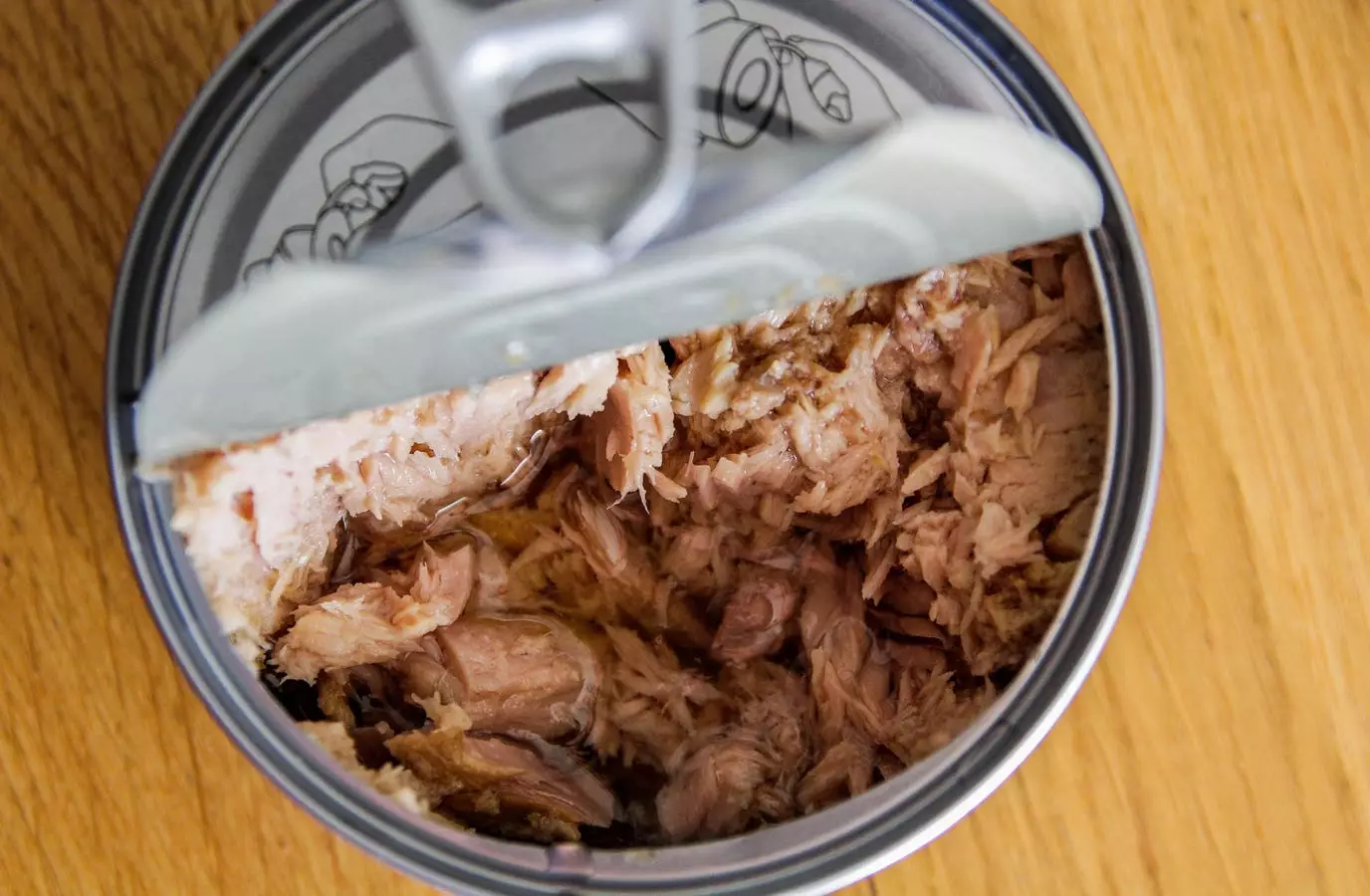In recent times, there has been a noticeable increase in food recalls, an alarming trend that has caught the attention of consumers and health officials alike. One of the latest recalls, which involves canned tuna—a dietary staple for many American households—highlights significant concerns regarding food safety practices within the seafood industry. Tri-Union Seafoods recently announced a voluntary recall of its canned tuna products, including brands widely available in popular retailers such as Costco, Trader Joe’s, Walmart, and H-E-B. This situation raises critical questions about the safety protocols in place and the overall integrity of our food supply, especially in products that boast long shelf lives.
The reason behind this recall is particularly concerning: the potential contamination by Clostridium botulinum, a dangerous bacteria responsible for botulism—a rare but lethal foodborne illness. Although there have not yet been reported cases linked to the recalled products, the manufacturing defect in the product’s pull-tab lid poses a severe risk. The design flaw may allow the seal of the can to deteriorate over time, creating an environment conducive to bacterial growth. Unlike many other food pathogens, C. botulinum does not produce noticeable indicators of spoilage, such as odor or discoloration. This silent threat makes it all the more crucial for consumers to take such warnings seriously, as consuming contaminated food could have dire consequences, including severe neurological damage or death.
Though this recall has drawn attention to Tri-Union Seafoods, it serves as a microcosm of the larger issues plaguing the global seafood supply chain. The complexities involved in sourcing seafood from multiple countries not only complicate traceability but also hinder consistent quality and safety standards. Consumers trust that their food is sourced responsibly and safely; however, incidents like this underscore the challenges associated with maintaining such trust globally. According to research from organizations like the Global Seafood Alliance, there is a critical need for heightened regulatory enforcement and transparency in seafood production, especially in regions where environmental and social governance may be lacking.
Consumers should take action now and inspect their pantries for any of the affected cans. Specific details, including can codes and “Best By” dates, have been publicly shared through the FDA and the recall notice by Tri-Union Seafoods, allowing consumers to identify potentially hazardous products swiftly. It is crucial that consumers do not attempt to rely on their own judgment about the safety of their food. Even if a can appears to be intact, there remains a significant risk involved in consuming the affected products. The only safe course of action if you possess one of the recalled items is to return it for a full refund or, if unable to do so, to dispose of it responsibly.
This incident raises pressing questions about seafood safety and consumer confidence. As the food industry increasingly embraces sustainability, transparency must accompany these efforts. The lack of effective traceability in seafood supply chains allows illegal fishing and unsafe practices to thrive, further complicating the challenge of ensuring that the seafood reaching consumers is both safe and ethically sourced. Data from NOAA Fisheries stresses the necessity of tracking seafood from its origin to final sale, to bolster consumer protection. The responsibility now lies not just with companies but also within consumers who demand better practices and hold manufacturers accountable.
With the complexities of food production and distribution becoming ever clearer, consumers are urged to remain vigilant. The recent canned tuna recall is a stark reminder of the potential pitfalls in our food systems and highlights the urgency of reforming practices that ensure food safety and traceability. As consumers, we must all commit ourselves to be proactive—checking labels, returning recalled products, and advocating for greater transparency and accountability from food producers. In a world where the integrity of our food sources can sometimes be compromised, knowledge and action are our best defenses against the risks we face at the dinner table.


Leave a Reply